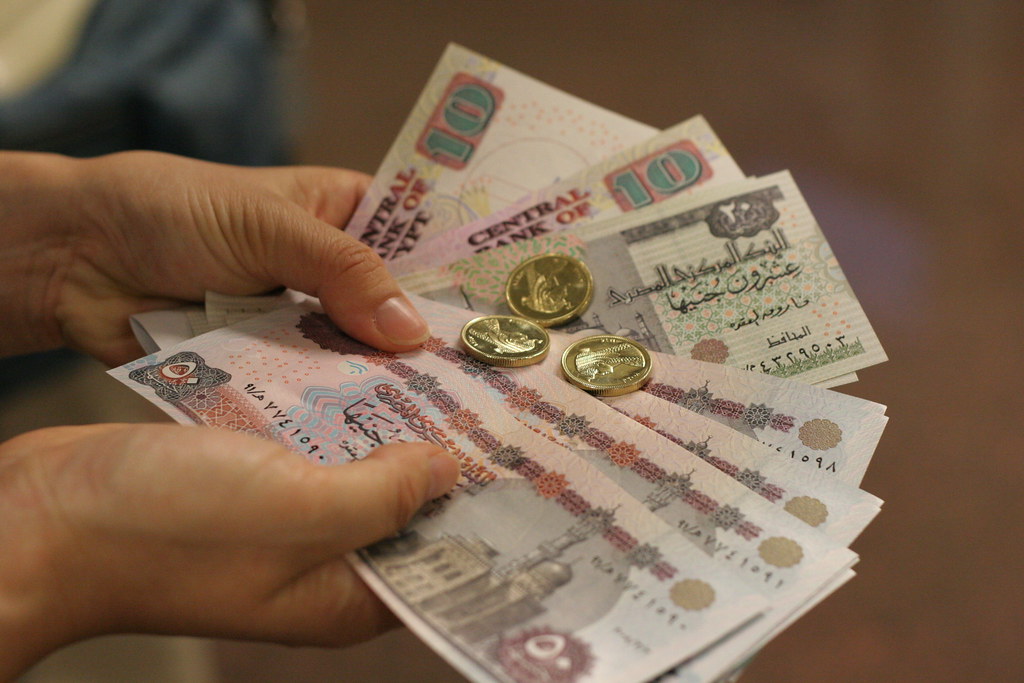
Egypt’s Ministry of Finance has announced its intention to issue retail bonds specifically designed for individuals, aiming to provide citizens with new savings instruments.
Deputy Minister of Finance Ahmed Kojok, revealed this during his participation in the Financial Regulatory Authority conference, emphasizing that this move seeks to more effectively involve citizens in the management and investment of state financial resources.
New Instruments Planned for Current Fiscal Year
Earlier, during a meeting with investors in London, Kojok disclosed the government’s plan to launch Egypt pound denominated sukuk (Islamic bonds) alongside these individual-focused bonds within the current fiscal year.
He explained that these new instruments will enhance liquidity in the local market and offer innovative savings alternatives to citizens, thereby strengthening the state’s capacity for domestic financing.
What Are Retail Bonds?
Retail bonds are a government debt instrument designed to finance the state budget.
They are accessible to both individuals and institutions and feature a specific maturity period and a regular return known as a “coupon.” This makes them a suitable savings and investment tool for various segments of society, especially in light of rising inflation rates.
In parallel with the expansion of local debt instruments, Egypt also plans to issue four billion dollars in international bonds in 2025. This is part of a strategy to diversify funding sources and restructure the economy.
According to Bloomberg, this step aims to cover an estimated US$11 billion external financing gap for the current fiscal year.
A New National Economic Vision
Commenting on this move, economic researcher and member of the Egyptian Society for Political Economy and Legislation, Ahmed Abu Ali, stated that the government’s approach to issuing retail bonds reflects a qualitative shift in public debt management tools.
He explained that this step represents a national drive to maximize the utilization of domestic savings and reduce reliance on external borrowing, especially given the complex global financial conditions.
Abu Ali told Al-Masry Al-Youm that the broader offering of domestic debt instruments contributes to reducing exposure to global market fluctuations and exchange rate volatility, solidifying the principle of “financing from within.”
He affirmed citizens will become direct partners in financing development plans, which will foster a greater sense of responsibility and strengthen the relationship between citizens and the state.
A Safe Haven Amidst Inflation
Abu Ali highlighted the critical timing of issuing these retail bonds, especially with rising inflation rates and the Central Bank’s move towards tightening monetary policy.
Offering these bonds with competitive returns provides safe alternatives for citizens to preserve the value of their savings, he noted, while diverting liquidity away from unproductive or speculative sectors.
He also pointed out that integrating retail bonds into the fintech ecosystem would mark a qualitative leap in participation rates, especially among youth.
Abu Ali emphasized the importance of making these bonds accessible through e-wallets and digital banking apps to simplify purchase, inquiry, and trading processes, thus making them more approachable for those unfamiliar with traditional financial instruments.
A Message of Trust in the Egyptian Economy
Underscoring that the successful issuance of retail bonds sends a reassuring message to both investors and citizens, the economic researcher affirmed that this reflects confidence in the Egyptian economy’s ability to mobilize its internal resources.
He stressed that these bonds will contribute to expanding the base of local investors and strengthening the secondary market for public debt instruments.
Abu Ali concluded by saying that providing a mechanism for resale or early redemption would further increase the bonds’ attractiveness, giving investors greater flexibility in managing their savings.
He called for a widespread awareness campaign to educate citizens about the benefits of these bonds, subscription procedures, and expected returns.
Measures to Address Foreign Currency Shortage
The government has taken several significant steps to address the foreign currency shortage crisis.
This includes signing a major investment deal worth $35 billion with the UAE, alongside a nearly 40 percent devaluation of the Egyptian pound.
These measures have bolstered the country’s ability to secure international financing from major institutions, particularly the International Monetary Fund.




